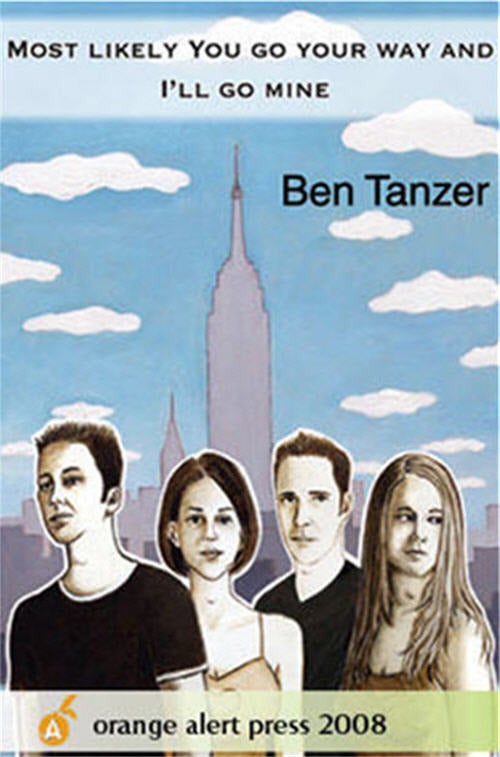1. Deliverance - James Dickey
The writing style had me hooked from the second page. I bought the book because I heard there was a pretty gnarly sodomy scene but there turned out to be a really good book on both sides of it. It ended up being based around a group’s struggle with morality when faced with the possibility of zero repercussions. Is it okay to kill when it’s necessary? The group answered in a scene so vividly described I felt as if I were climbing the trees right beside them.
2. What is the What – Dave Eggers
If you think your life sucks, read this book. The main character, Valentino Achak Deng, is a real person. Yeah, this actually happened to somebody. The book outlines Deng’s journey out of war-torn Sudan and into Atlanta where things continue to go wrong. You think it sucks that your girl/boyfriend broke up with you? Well at least you don’t have to worry about lions eating your head after you just watched your mother get shot in the face.
3. Pygmy – Chuck Palahniuk
Palahniuk has made a name for himself taking fiction into new directions. Pygmy takes that idea to another level. Written in the voice of an adolescent, non-native English speaker, it is a chore to trudge through at first. After getting used to the style, though, the story lives up to Chuck’s level of story-telling.
4. When You Are Engulfed in Flames – David Sedaris
A main concern for musicians and writers alike is to not repeat yourself. However, when your style is as good as Sedaris’ this doesn’t need to be a concern. If you like anything he’s every written, this book doesn’t disappoint.
5. A Father’s Story – Lionel Dahmer
I may have an unhealthy interest in serial killers. When I got a chance to read about the childhood of my favorite one (is it wrong to have a favorite?) I jumped at the chance. Be prepared to actually think of Jeffery Dahmer as a person and not a monster. It’s a little strange.
6. Blindness – Jose Saramago
An epidemic of blindness takes over. People freak and lock up the infected in an old insane asylum. Shit gets crazy. Beautifully chosen words drag us through the mud of blindness and we come out with a great story.
7. One Hundred Years of Solitude – Gabriel Garcia Marquez
If you like books that give you characters you become attached to, this book is not for you. Characters come and go constantly from page one until the end. However, the manner of their entrances and exits provide a narrative that makes you feel like you’re reading a dream.
8. Women – Charles Bukowski
Watch an interview with Bukowski and then read this book. Everything will make perfect sense. However, feminists should stay far, far away.
9. Dream House – Valerie Laken
A young couple buys a house together only to find it to be the scene of a crime from years before. The writing style is enough to pull you through but the consistently moving action acts as a motor that doesn’t let you stop until you’re finished. Plus, the author is a pretty sharp dresser.

























